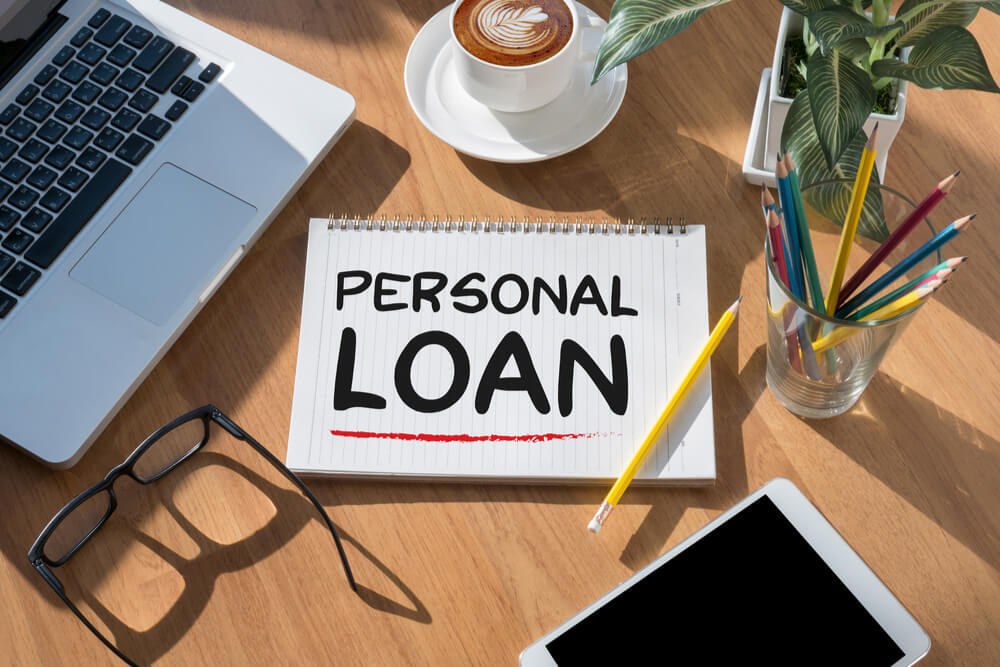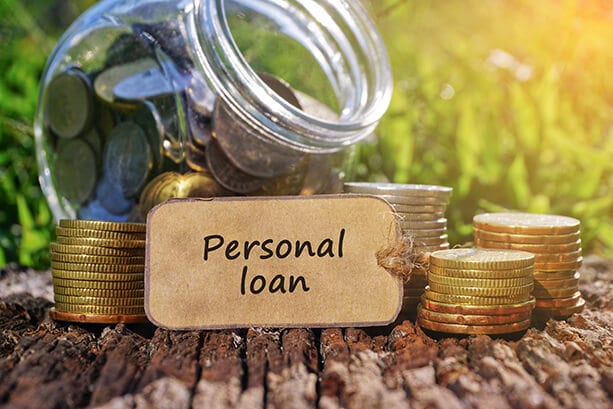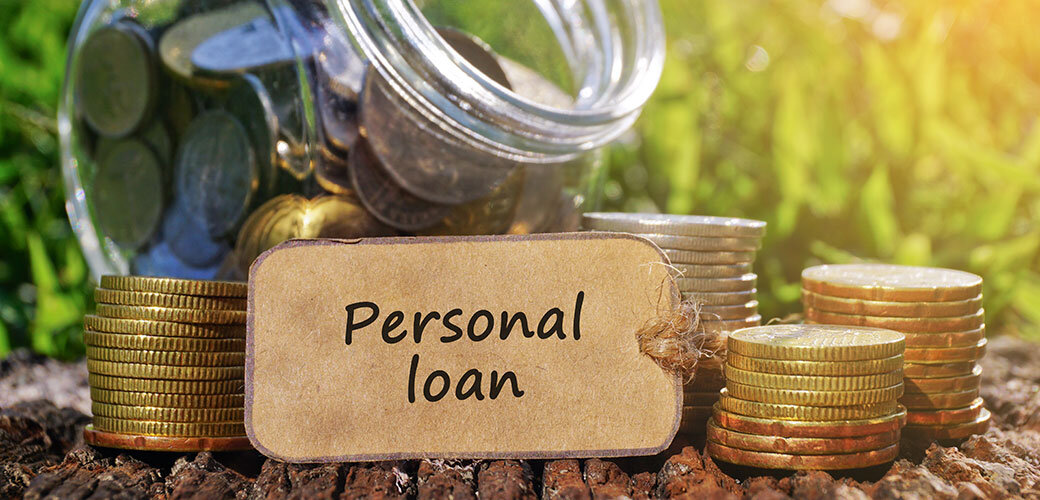Taking out a personal loan can be a quick and easy way to give yourself a much-needed cash injection. In this article, we are going to discuss a form of personal loan that is fast, easy to apply for, and doesn’t involve a credit check against your name. Personal loans with no credit check present a fantastic financial opportunity along with a few factors to consider. We cover them all below.
Perhaps you have made a few mistakes in the past that have left you with a low credit score. Or maybe you just want a quick and easy financial solution that doesn’t involve a long, in-depth process. Personal loans with no credit check make this possible.
What Are Personal Loans?
A personal loan can be taken out to be used for a variety of personal reasons. Whether you are buying a new car, taking off on a holiday, renovating your home, or have been in an accident and need to cover the costs, a personal loan offers a great solution to your needs.
You agree on a specific amount to borrow and then repay your chosen lender monthly until the loan is paid off. They often come with a lower interest rate than that of a credit card, making them a great option when you need the cash.
There are a few types of personal loans to choose from:
- Fixed personal loan: this comes with a fixed interest rate for the duration of your loan period.
- Variable personal loan: the interest rate can fluctuate throughout the loan agreement.
- Secured personal loan: this is a loan that is secured by an asset, such as your home, which comes with a lower interest rate.
- Unsecured person loan: this loan has no security attached, making it more of a risk to the lender and, therefore, driving up the interest rates.
When you apply for a traditional personal loan, your credit history is often checked before the loan is offered. Continue reading to learn how this differs from personal loans with no credit check.
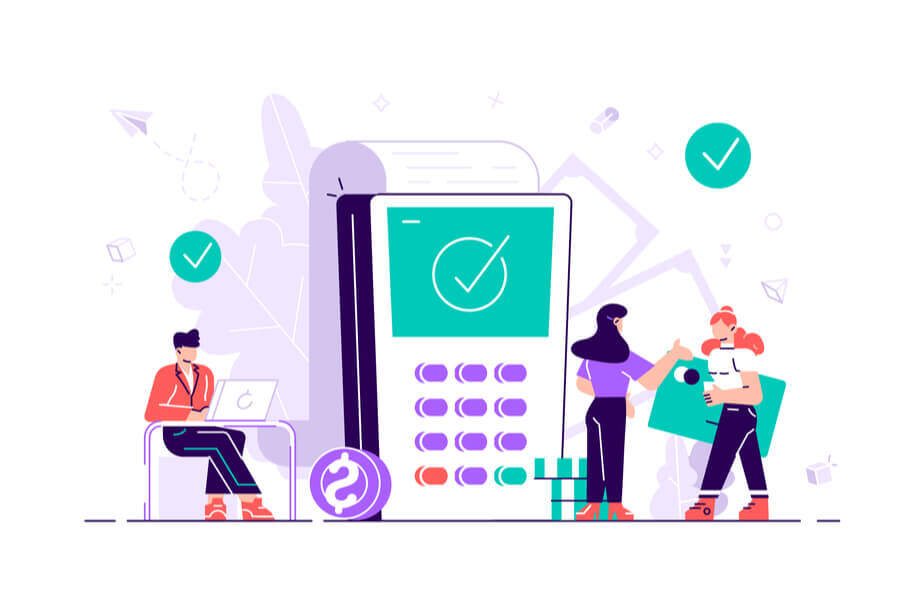
What Is Your Credit Score?
Your credit score is a reflection of your borrowing history and takes into account a number of differing factors. Here are some of the things that affect it:
- Your borrowing history: if you have a long borrowing history, with different lines of credit that are all repaid on time, it will reflect positively on your credit file.
- Credit utilisation ratio: the amount of credit you use is also reflected on your file. If you are using all the credit available to you, it suggests you are overstretched and not open to taking on new loans. You want to try to keep this figure under 30%.
- Repayments: a good history of repayments being made on time each month, with no defaults is always a good sign on your credit score. Likewise, if you have a bad history of missing or defaulting on payments, this will also be reflected in your score.
- Too many applications: if you apply for too many loans at once, this will also reflect poorly on your score. This is because each time your credit file is checked by a lender through a hard credit check, a credit enquiry is stamped on your file.
Different Credit Bureaus have alternative credit scoring models. Take a look at the breakdown of Experian’s and Equifax’s scoring system.
| Experian | Equifax | |
| Excellent | 800-1,000 | 853-1,200 |
| Very Good | 700-799 | 735-852 |
| Good | 625-699 | 661-734 |
| Average | 550-624 | 460-660 |
| Below Average | 0-549 | 0-459 |
Now that you understand some of the things that affect your credit score, it’s time to consider whether it is possible to take out personal loans with no credit check.
Why Apply For Personal Loans With No Credit Check
Many lenders, including the Australian Lending Centre, offer personal loans without having to perform a background credit check.
There are a number of reasons for wanting to apply for a loan with no credit check.
- The most common reason is that a person’s credit score is too low to gain approval for a standard personal loan.
- Another common reason is that the applicant does not have enough documentation (payslips etc) to support their application. This is particularly true for self-employed people, or those who have recently moved/been unemployed for a period of time.
- Another reason to seek a no credit check loan is to preserve your credit score. Perhaps you are preparing for a mortgage application or a car loan soon and don’t want to damage your credit score by applying for a smaller loan.
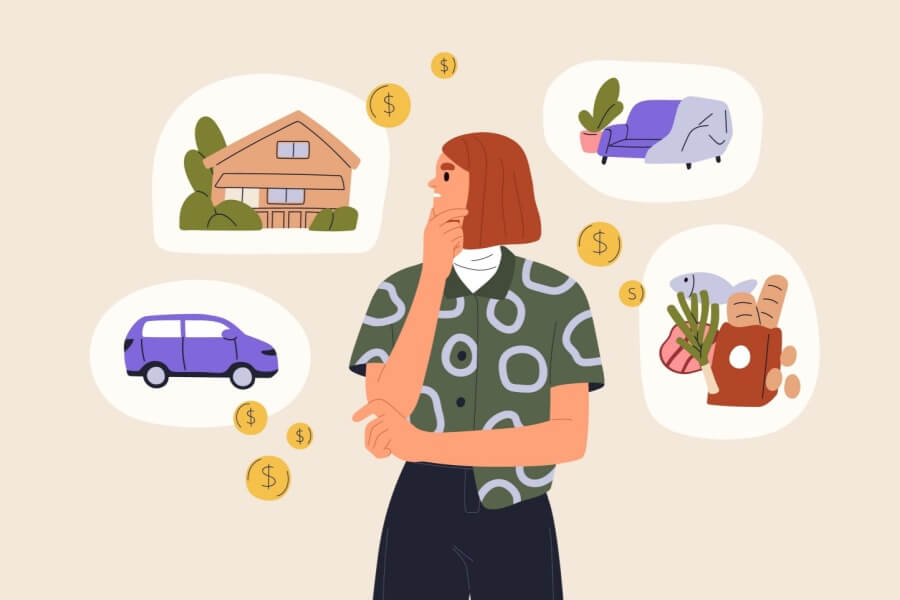
3 Main Types of No Credit Check Personal Loans
There are three types of personal loans with no credit check that you are generally able to apply for:
- Secured no credit check personal loan: because you are putting an asset up as security, these loans are often the easiest to get without a credit check.
- Unsecured no credit check personal loan: these are provided on a case-by-case basis, and it is a matter of finding the right lender for you.
- Payday loans: these are smaller, short-term loans designed to tide you over financially until your next payday. As such, they are often easier to take out without a credit check. Always be particularly careful before proceeding with a payday loan. They can come with hidden fees and high-interest rates.
Most lenders will consider your income and other external factors before deciding whether you are worth taking the risk on. It is worth noting that personal loans with no credit check do often come with higher interest rates than standard personal loans to help offset this risk.
Get The Right Help
If you are considering taking out a personal loan with no credit check then the Australian Lending Centre have the skills and expertise to help you take out a loan as quickly and easily as possible, with no credit check. Apply here in less than 5 minutes.



